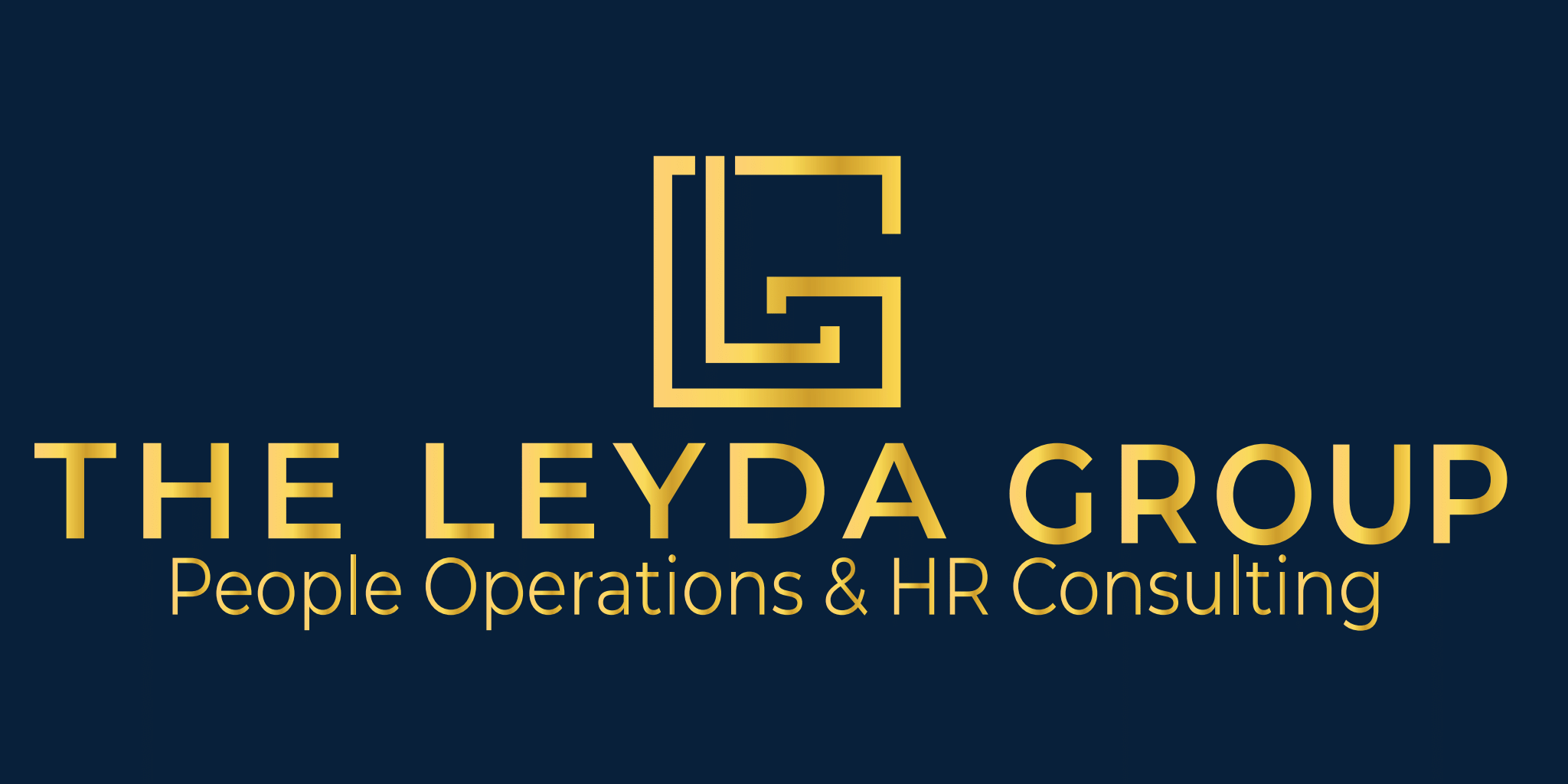The Myths of Multitasking: Why It Doesn't Help Small Business Owners Do It All
The Myths of Multitasking: Why It Doesn't Help Small Business Owners Do It All

As a small business owner, you wear many hats. You’re the manager, the marketer, the accountant, and often the HR department all rolled into one. The instinct to tackle it all is only natural, especially when resources are tight. But in an effort to stay on top of everything, many small business owners fall into the trap of multitasking, thinking they’re maximizing productivity when, in reality, they’re doing the opposite.
At The Leyda Group, we work with business owners every day, helping them build people strategies that enable real growth. And one of the biggest productivity myths we encounter is the idea that multitasking helps get more done. Let’s explore why multitasking doesn’t serve your business, how it impacts the quality of your work, and some alternatives to help you use your time more effectively.
Myth #1: Multitasking Saves Time
It may feel like you’re accomplishing more by bouncing between tasks, but studies show that multitasking actually makes tasks take longer. Every time you switch gears, your brain has to reorient itself to the new task. This process is known as “context switching,” and it costs time. In fact, some research suggests that multitasking can reduce productivity by as much as 40%. For a business owner, every minute is valuable, and that 40% represents time you could have spent focused on strategic planning or building relationships with clients.
Myth #2: Multitasking Means Higher Productivity
While it may seem productive to handle emails while on a conference call or to draft documents in between meetings, multitasking often leads to decreased focus and more errors. When you split your attention across various tasks, none of them receive the deep focus required for high-quality work. This results in more mistakes and a need for revisions, adding more work in the long run. In people operations, we see that a lack of focus can lead to critical errors in areas like payroll, hiring decisions, and employee relations—errors that can have long-term impacts on your business’s reputation and employee morale.
Myth #3: Multitasking Reduces Stress
Multitasking may provide a temporary sense of accomplishment, but it ultimately leads to more stress. When you’re trying to juggle multiple tasks, it’s easy to feel overwhelmed and burned out. The reality is, our brains are not wired to handle multiple complex tasks at once. Instead of feeling in control, you may feel stretched thin, frustrated, and unable to keep up with everything.
Myth #4: Multitasking Helps You “Do It All”
The truth is, you don’t need to do it all. As a small business owner, learning to delegate and prioritize is essential. Trusting your team members to take on specific responsibilities not only allows you to focus on strategic growth but also empowers your employees, boosting morale and engagement. Building a culture of trust and delegation will strengthen your people operations and create a foundation for long-term success.
What to Do Instead: Focus on Single-Tasking and Delegation
-
Prioritize Tasks: Identify your top priorities for the day and tackle them one at a time. Set aside dedicated time blocks for each priority, giving yourself the space to complete each task without interruptions.
-
Embrace Delegation: Know which tasks can be delegated to employees or outsourced. Delegating allows you to focus on high-impact areas that only you can handle, such as business development and client relationships. At The Leyda Group, we can help you build a team structure that supports effective delegation.
-
Set Boundaries: Limit distractions during work hours. This might mean turning off notifications, setting “do not disturb” times, or designating certain times of day for meetings and check-ins.
-
Leverage Tools: Use project management and communication tools to stay organized and streamline collaboration with your team. Tools like Monday, Asana, Slack, and Trello can help centralize tasks and keep projects moving without you needing to oversee every step.
-
Focus on People Operations: One of the most impactful ways to avoid multitasking overload is by investing in your people. Train your employees to manage their tasks independently and create a structure where you can trust them to lead in their respective areas. This frees you up to focus on strategic growth and the bigger picture.
Final Thoughts
Multitasking is often seen as a badge of honor in the business world, but in reality, it’s a productivity myth. By letting go of the need to do everything at once and instead focusing on prioritization, delegation, and single-tasking, you can achieve more for your business and your team. At The Leyda Group, we’re here to help you build the structure and support your business needs to thrive without falling into the multitasking trap. Reach out today to discover how we can empower you to focus on what matters most.
Let’s work together to make every task count—and build a workplace where you don’t have to do it all alone.
The Leyda Group
Your People, Our Priority: HR Solutions Tailored for You

